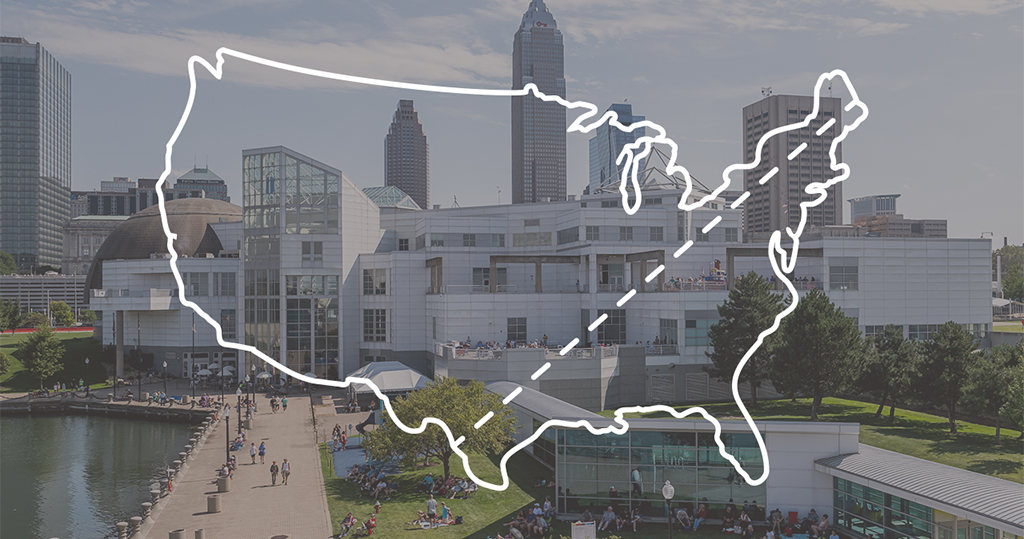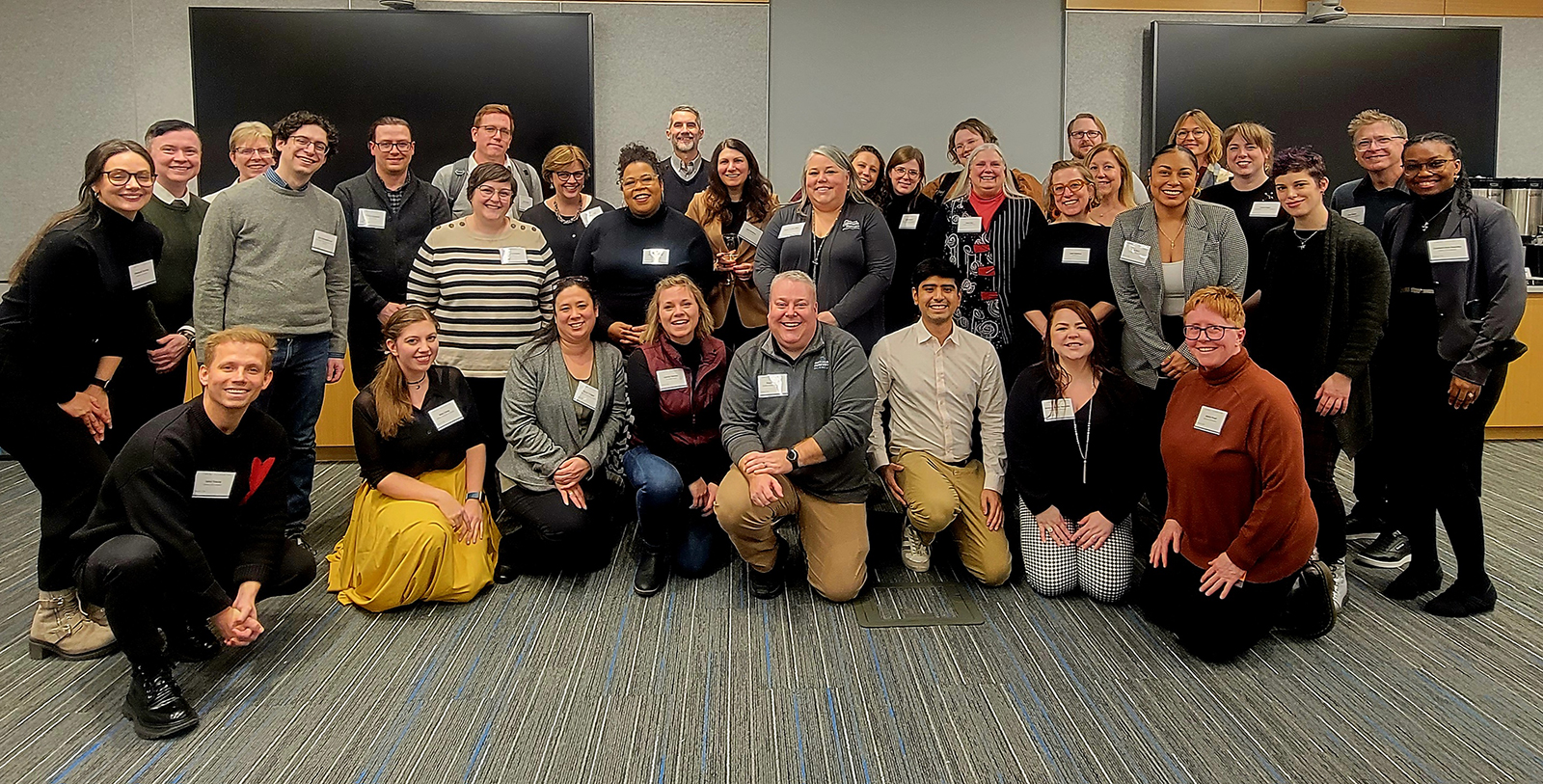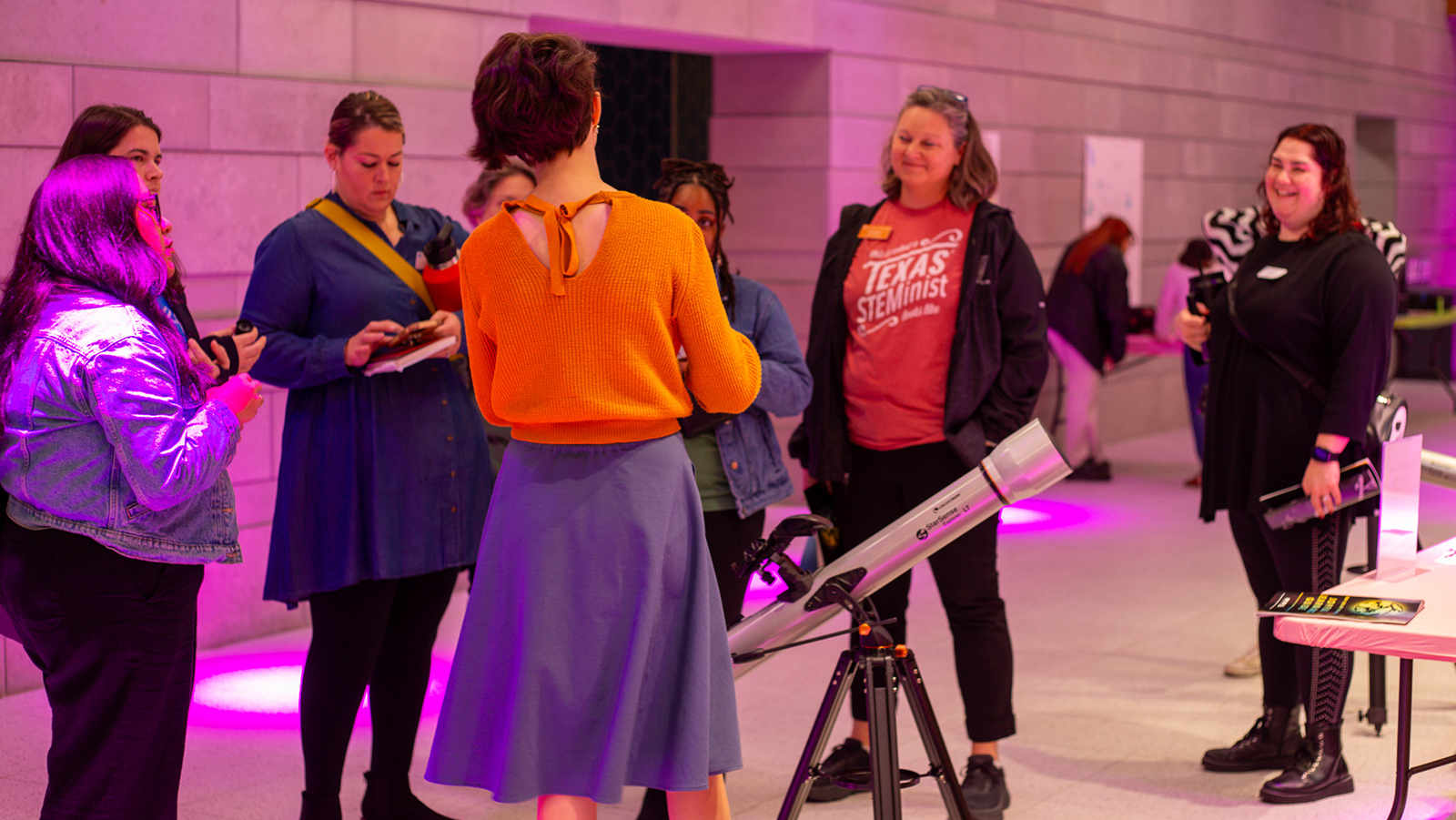
Science Centers and Museums Across the Path of Totality Prepare for Eclipse Events
With just under two weeks until America’s next total solar eclipse, museums and science centers from Texas to Maine are preparing to host eclipse events supported by our “In the Path of Totality” initiative. For those communities that house museums and science centers, this brings unique opportunities to engage with science and experience the eclipse. If you’re in the path of totality on April 8, our interactive map will help you find viewing parties, festivals and other live events near you.
Since embarking on our “In the Path of Totality” journey more than two years ago, we knew that science centers and museums along the eclipse’s path would play a key role in preparing their communities to experience and celebrate this rare celestial phenomenon. Our goal was to figure out how best to support them in their efforts, specifically by helping them provide free or low-cost eclipse programming to the public.
To get started, we made space for institutions in the sector to come together to think about new approaches to science engagement, keeping in mind factors like regional nuance and an institution’s size and appetite for creating eclipse programming. What began with countless informal conversations culminated in a convening of 15 science centers at the Simons Foundation in New York City. During that meeting the care, ingenuity and genuine enthusiasm around creating eclipse-related engagement was evident and guided us in developing two mechanisms of support.

The first support mechanism was a community ambassador program aimed at enabling four science-based institutions across the path to decentralize their approach to STEM community engagement and to broaden access to their resources. The institutions leading this work — Rochester Museum & Science Center, Great Lakes Science Center, Terre Haute Children’s Museum and Thinkery — each recruited from 20 to 50 local organizations to serve as eclipse community ambassadors. Each ambassador program was specifically tailored to the needs of the organization’s surrounding community. Over the past 10 months, these institutions worked in partnership with their ambassadors to equip them with solar viewing telescopes and glasses, as well as training around eclipse education and safety to share with members of their communities, both in the lead-up to and on the day of the eclipse.
This approach has helped the various organizations build new relationships, strengthen existing ones and even make way for future collaborations around science engagement with groups that might not on the surface seem like obvious partners. Community organizations participating in the ambassador programs include faith-based service organizations like El Buen Samaritano in Austin, Texas; retirement communities like Brethren Care Village outside of Cleveland; small businesses like Laughing Gull Chocolates in Rochester, New York; and social groups like Mothering As a Career Club in Terre Haute, Indiana.
(More information about the science centers leading this work, the community organizations participating in their eclipse ambassador programs and the planned programming for the lead-up to and the eclipse on April 8 can be found in the following links:
- – Rochester Museum and Science Center, Rochester, New York
- – Great Lakes Science Center, Cleveland
- – Terre Haute Children’s Museum, Terre Haute, Indiana
- – Thinkery, Austin, Texas

For our second mechanism of support, we established a micro-grant program in partnership with the Association of Science and Technology Centers (ASTC). Through the program, 50 science-focused organizations across the path were awarded $10,000 each to develop and deliver events and enhance engagement around the eclipse, including facilitating safe viewing experiences.
Working alongside our science center and museum partners as they ready their communities for the eclipse has been inspiring. And while these institutions share a purpose and spirit, each of their eclipse activations will surely prove as unique as the communities they serve.